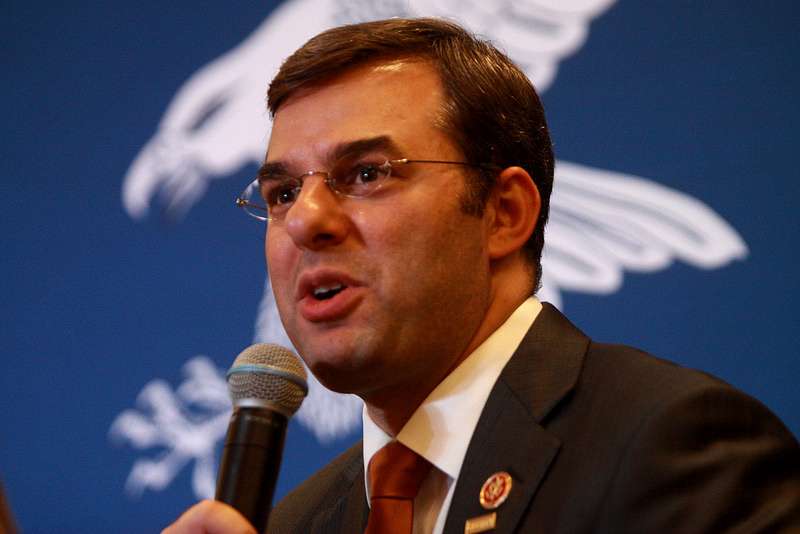Modest NSA Reforms Seem Likely to Pass House Again (UPDATE: It Passes)
Privacy-focused representatives prevented from offering amendments.


Today, the House of Representatives appears set to vote in favor of the USA Freedom Act, legislation that aims to curb some National Security Agency (NSA) surveillance, particularly the mass domestic collection of Americans' telephone metadata, while standardizing and permitting some others and extending components of the PATRIOT Act set to expire.
The outcome of the vote should not be a surprise. The House already voted in favor of an earlier version of this legislation last year, but it failed to make it through the Senate. Now the pressure is on, though, because the surveillance authority claimed within Section 215 of the Patriot Act expires on June 1. The Senate doesn't have the option of doing nothing. Actually, it does. It can let Section 215 expire, but that's clearly not the intent of most of the Senate.
Legislators that want the USA Freedom Act to have even stronger restrictions against surveillance are hosed. Yesterday the House's Rules Committee blocked any representatives from adding any amendments to it. The Hill noted that Justin Amash (R-Mich.), Kevin Yoder (R-Kan.), and Thomas Massie (R-Ky.) had offered up amendments and failed. As such, Amash tweeted last night that he would not be voting for the USA Freedom Act because it still authorizes bulk data collection, just to a lesser extent.
Senate Majority Leader Mitch McConnell is at the moment insistent on trying to keep the PATRIOT Act as it is, but he doesn't seem to have much leverage, despite his position. If the House doesn't go along with him, he'll lose Section 215 entirely. Yesterday the White House declared its support for the USA Freedom Act, and the bill itself was written by Rep. Jim Sensenbrenner (R-Wis.), the original author of the PATRIOT Act, who was aghast to discover it being used to justify bulk surveillance of Americans.
Sen. Rand Paul opposed the original USA Freedom Act because, like Amash, he felt it didn't go far enough to preserve Americans' privacy. Here's what Paul had to say over the weekend about the new legislation:
"I'm not perfectly at home with the USA FREEDOM Act. I voted against it once. The reason I voted against it was that it reauthorized the PATRIOT Act."
He has threatened to filibuster if McConnell attempts to keep the PATRIOT Act as it is, as has Sen. Ron Wyden (D-Ore).
As I've noted previously, the USA Freedom Act has essentially fractured elements of the privacy and tech community. There is clearly a fear that the act, as it stands right now, despite its holes, is the best that can be asked for. But, as we're all well aware, once entrenched, it can be very hard to reform or restrict government programs even further. If the USA Freedom Act passes, there's going to be a significant attitude among many folks that the problems have all been solved and additional reforms would not be needed.
For two different perspectives on the Act, here's a Q&A from the Center of Democracy and Technology explaining why they're supporting the bill while being fully aware of the deficiencies. And here's The Nation hammering home why the bill doesn't nearly go far enough.
This has been a situation where every argument presented by a technology and privacy expert, pro and con, makes sense when I read it, so that's why I've been reluctant to indicate a preference. I have my ideal preference, of course: Section 215 expires forever, and also the entire concept of the "third-party doctrine" (that personal records held by third parties don't require warrants for government access) is tossed out the window and run over by a series of very large trucks. I guess that puts me in alignment more with Paul and Amash, but that simply doesn't seem to be direction we're heading.
UPDATE: Here is a lengthy Facebook post by Amash explaining why he believes the restraints placed by the USA Freedom Act don't actually offer much protection.
UPDATE II: The House version of the USA Freedom Act passed this afternoon with a vote of 338-88.

Show Comments (17)